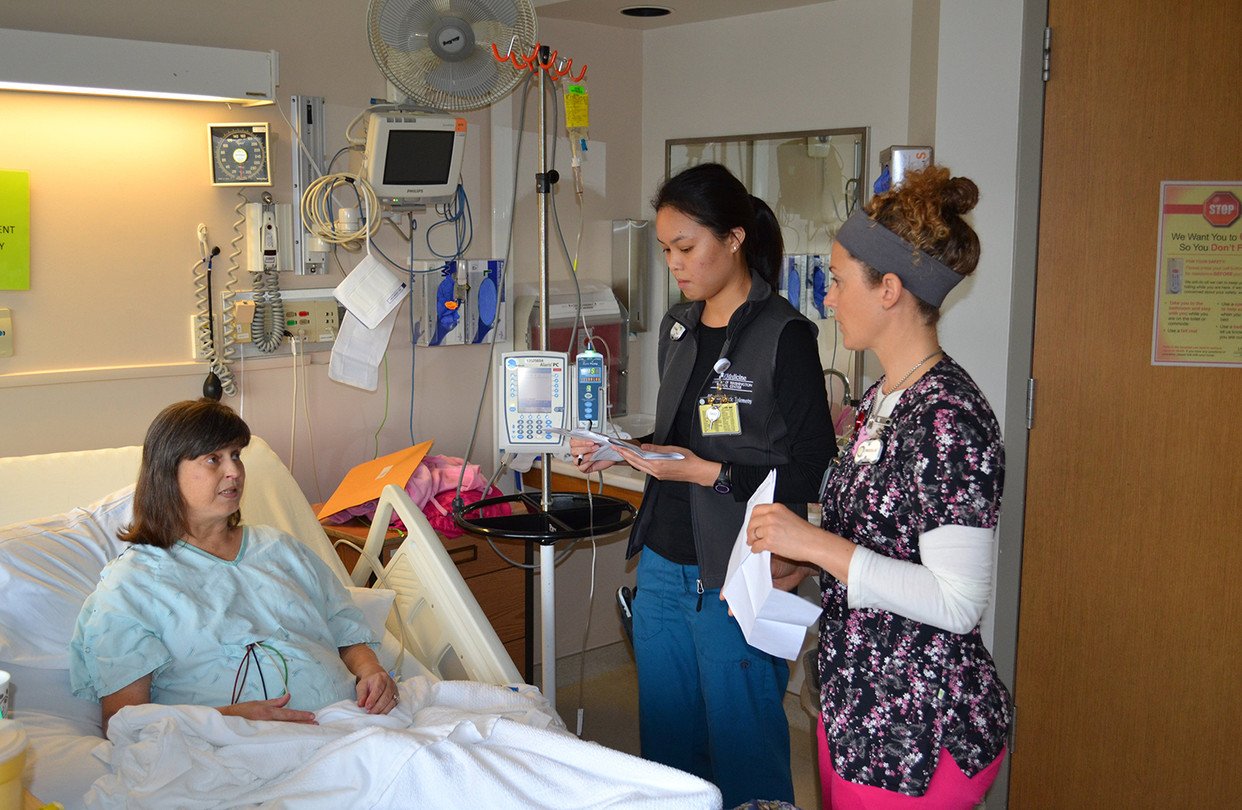Patient rights – This course is designed to understand the concept of community health nursing: nurses’ roles and interventions in family health, school health, occupational health, environmental health, elderly health care, gender issues, disaster management and principles and terminology of epidemiology. The aim of the course is to acquire knowledge and skills in community health nursing.

Patient rights
Patient rights encompass legal and ethical issues in the provider-patient relationship, including a person’s right to privacy, the right to quality medical care without prejudice, the right to make informed decisions about care and treatment options, and the right to refuse treatment.
Patients’ Rights during Hospitalization:
Nurses have responsibility to up hold the following rights of patients:
1. To health care that is accessible and that meets professional standards regardless of the setting.
2. To courteous and individualized health care that is equitable human and given without discrimination as to race, color, creed, sex, national origin, ethical or political beliefs.
3. To information about their diagnosis prognosis and treatment including alternatives to care and risk involved In terms they and their families can readily understand so that they can give their informed consent.
4. To informed participation in all decisions concerning the health care.
5. To information about the qualifications, names and titles of personal responsible for providing their health care.
6. To refuse observation by those not directly involved in their choices
7. To privacy during interview, examination and treatment.
8. To privacy communicating and visiting with people of their choice.
9. To refuse treatment, medications or participation in research and experimentation without punitive action being taken against them.
10. To co-ordination and continuity of health care.
11. To appropriate instruction and education from health care personnel so that they can achieve an optimal level of wellness and understanding of their health needs.
12. To confidentiality of all records and communications written or oral between patients and health care providers.
13. To access to all health records pertaining to them and the right to challenges and correct their records for accuracy and the right to transfer all such records in the case of continuing care.
14. To information on the charges for services, including the right to challenge these,
15. To be fully informed as to all their rights in all health care settings.
16. To observe the 5 right while giving medications
- Right patient
- Right time
- Right drug
- Right dose
- Right route

Basic Human Rights in Health Care
- Considerate and respectful care.
- Obtain complete medical information.
- Receive information necessary for giving informed.
- Refine treatment.
- Consideration of privacy.
- Confidential treatment of personal information and medical records.
- Request services.
- Examination and explanation of financial changes.ed
- Know institutional regulation.
- Refuse participation in research project.
- Expect reasonable continuity of care.
Intra-operative care
Definition of Intra-Operative Care:
The term “intraoperative” refers to the time during surgery. Intraoperative care is patient care during an operation and ancillary to that operation.
Activities such as monitoring the patient’s vital signs, blood oxygenation levels, fluid therapy, medication transfusion, anesthesia, radiography, and retrieving samples for laboratory tests, are examples of intraoperative care.
Purposes of Intraoperative Care:
- The purpose of intraoperative care is to maintain patient safety and comfort during surgical
- procedures. Some of the goals of intraoperative care include maintaining homeostasis during the procedure.
- Maintaining strict sterile techniques to decrease the chance of cross-infection
- Ensuring that the patient is secure on the operating table,
- Taking measures to prevent hematomas from safety strips or from positioning.
